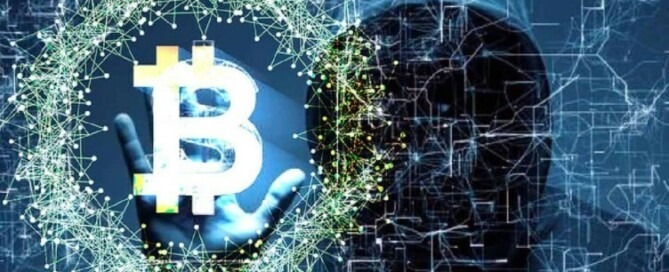ScamsNOW.com Sitemap – View All Of Our Articles – 2023
ScamsNOW.com Sitemap
More from ScamsNOW.com:
- ScamsNOW.com Latest Articles about Scams Fraud & Cybercrime
- ScamsNOW! The News & Commentary Magazine about Scams Fraud & Cybercrime from SCARS
SCARS RESOURCES:
- For New Victims of Relationship Scams https://newvictim.AgainstScams.org
- Subscribe to SCARS Newsletter https://newsletter.againstscams.org
- Sign up for SCARS professional support & recovery groups, visit https://support.AgainstScams.org
- Find competent trauma counselors or therapists, visit https://counseling.AgainstScams.org
- Become a SCARS Member and get free counseling benefits, visit https://membership.AgainstScams.org
- Report each and every crime, learn how to at https://reporting.AgainstScams.org
- Learn more about Scams & Scammers at https://RomanceScamsNOW.com and https://ScamsNOW.com
- Scammer photos https://ScammerPhotos.com
- SCARS Videos https://youtube.AgainstScams.org
- Self-Help Books for Scam Victims are at https://shop.AgainstScams.org
- Donate to SCARS and help us help others at https://donate.AgainstScams.org













![Being A Victim - Labeling Theory & What It Means For Victims Of Scams Or Anyone! - 2023 [UPDATED] - on SCARS ScamsNOW.com](https://scamsnow.com/wp-content/uploads/2023/09/victim-complex1-669x272.jpg)
























